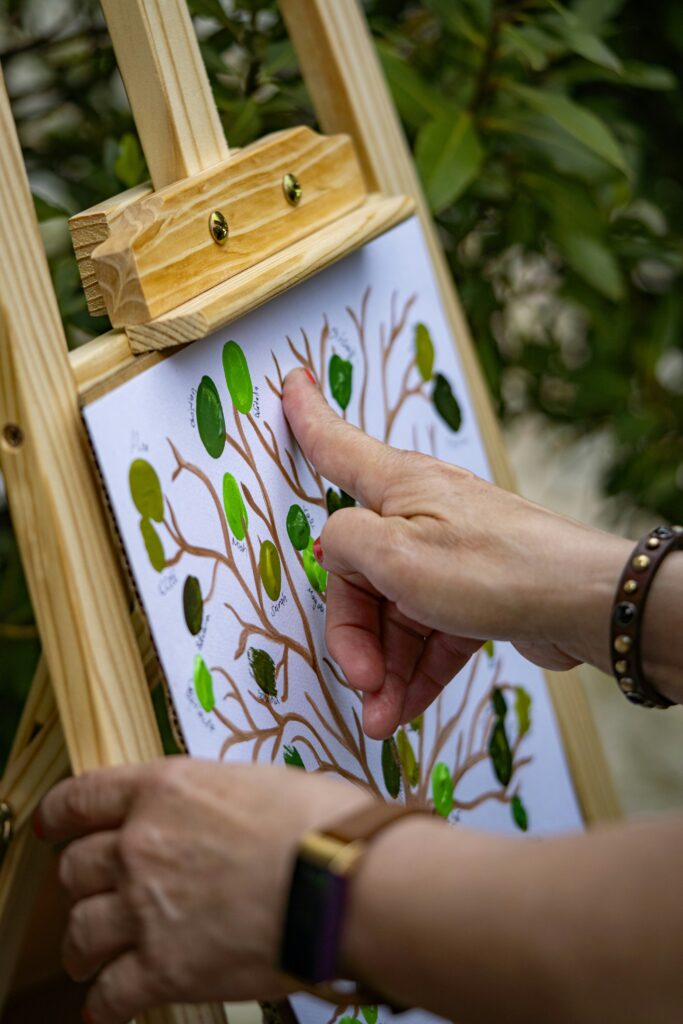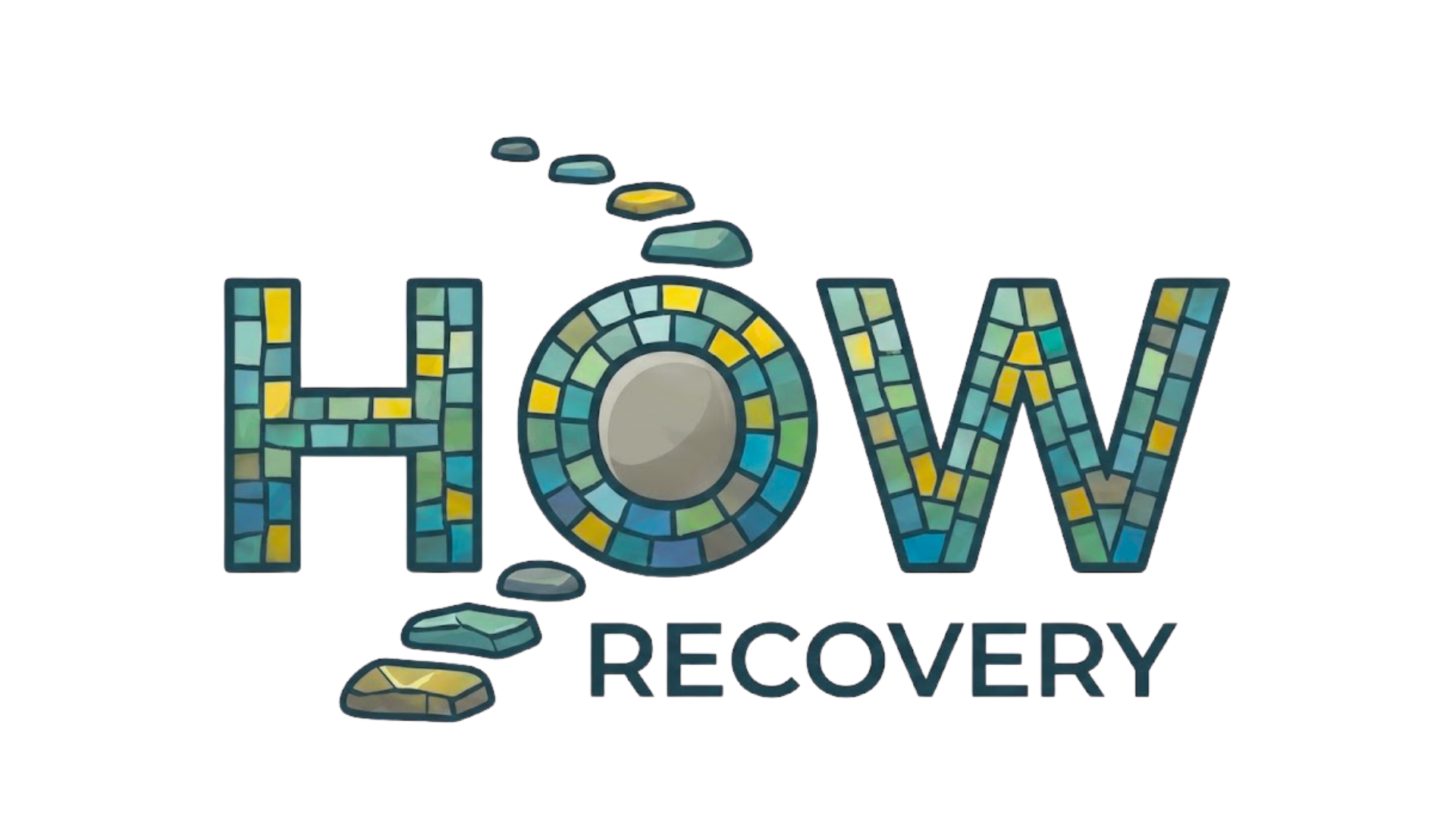Private Addiction Counselling
& Support in Toronto and Ontario
How to recognize the signs when substance use becomes a struggle
If substance use is causing negative consequences in your life, you may be experiencing an addiction. Not everyone struggles the same way, some experience physical dependence, while others rely on substances psychologically to cope with social situations, anxiety, or developmental complex trauma.
Regardless of how it starts, the result is often the same: a loss of control that affects your health, your relationships, and your sense of self.
Signs of Substance Use Disorder: When to Seek Help
-
Physical & Mental Changes
Tolerance: Needing more of the substance to feel the same effect.
Withdrawal: Experiencing tremors ("the shakes"), insomnia, nausea, or panic attacks when not using.
Memory Loss: Blacking out or waking up with unexplained injuries.
Mood Swings: Feeling irritable, depressed, or anxious when the substance wears off.
-
Behavioral Changes
Secrecy: Hiding how much you use or using alone.
Loss of Control: Using more than you intended, or for longer than you planned.
Neglecting Responsibilities: Losing interest in hobbies, work, or activities you used to enjoy.
Risk Taking: Driving under the influence or taking risks to obtain the substance.
-
Relationship Impact
Conflict: Frequent arguments with family or friends about your usage.
Isolation: Pulling away from loved ones to hide your behavior.
External Concern: If friends or family mention your usage, they often see the problem before you do.
Understanding Addiction: Is it a Choice or a Disease?
Continuing to use substances despite negative consequences is a clear sign of addiction. But it is important to know: Medical professionals recognize that addiction is not a choice, but a chronic condition formally known as Substance Use Disorder.
Just as a person with depression cannot simply 'will' themselves to be happy, a person with an addiction is unlikely to stop without professional support. Often, substance use is a response to dysfunctional family systems or unresolved pain, an attempt to self-medicate just to feel 'normal.'
You are not bad, and you are not weak. You are dealing with a complex medical condition that requires compassion, not judgment.
The Genetic Family Link
A family history of addiction can dramatically increase your predisposition to substance use disorder. If you have a parent or grandparent who struggled, it is not your fault, but it is part of your story.
We also know that addiction rarely happens in a vacuum. It impacts the entire family unit. Whether you are the one struggling or you are a family member watching a loved one suffer, healing requires addressing the whole system.
You don't have to do this alone
The physical and psychological weight of addiction is too heavy to carry by yourself. The good news is that recovery is possible.
With the right support, cognitive & behavioral therapies, and a willingness to change, you can resolve the chaos and rebuild a life of peace. If nothing changes, nothing changes. Reach out today to start your journey.

